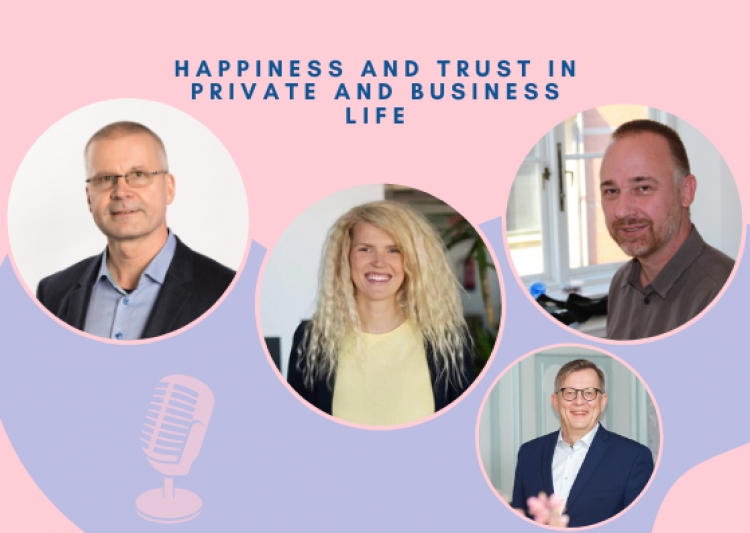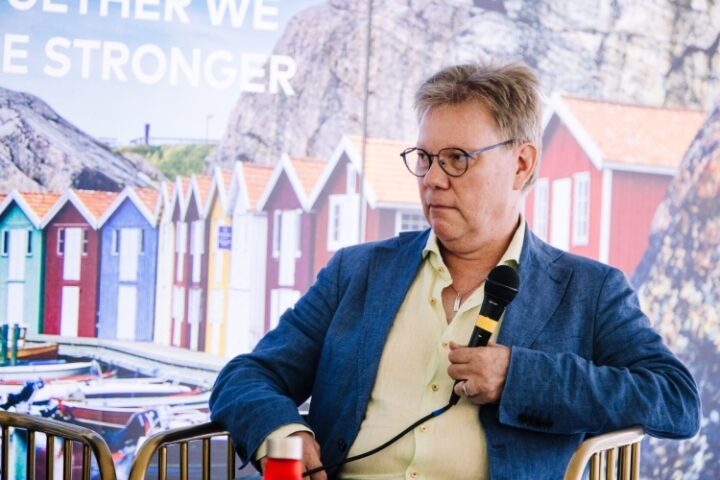Are trust and happiness the foundations of a successful business too?

The latest podcast of the Estonian office of the Nordic Council of Ministers (NCM), entitled ‘Happiness and trust in private and business life’, focuses on the roles played in both society and companies by trust and happiness. If trust is considered the Nordic gold, then what is Estonia’s most valuable resource?
The Nordic countries are at the global forefront in terms of social trust. It contributes to the health and development of the economy, individuals and society as a whole. The greater the level of social trust, the less need there is to spend the state’s money on control mechanisms and the more prepared people are to pay taxes and do their bit for society in other ways.
Merle Kuusk, an adviser on the welfare society to the NCM, says that the high levels of social trust and happiness for which the Nordic countries are known are closely linked. “If people trust the state, their fellow citizens and their employers, then they also feel that they can steer their own lives without fear of running into obstacles that have nothing to do with them,” she explained. “That leaves them happier and more satisfied. Words like fika, hygge, lagom and kalsarikänni, which all come from the Nordic countries, encapsulate an enjoyable way of living that you’re happy with. Companies in the region know as well how valuable satisfied workers are, and have started creating happy workplaces. Happy people are more productive, more creative and more dedicated, and want to do their jobs to the best of their abilities.”
Kuusk says that one of the aims of the latest podcast is to look at how to measure and boost levels of happiness and trust and how these contribute to the success of companies. Led by Christer Haglund, the director of the Estonian office of the NCM, these issues are discussed by Ulf Andreasson (author of the ‘Trust – Nordic Gold’ report), Jari Pekka Kukkonen (director of Executive Education at the Estonian Business School) and Kristel Kruustük (founder of and Chief Testing Officer at Testlio).
The podcast is the fourth in the English-language ‘Sustainable Nordic Economy’ series, which looks at what sustainable economic systems are based on and what role the circular economy and bioeconomy have to play in this.
The podcast is available on the NCM’s Soundcloud page.


